MariGen is intact decellularized fish skin for chronic wounds related to diabetes, ulcers and more
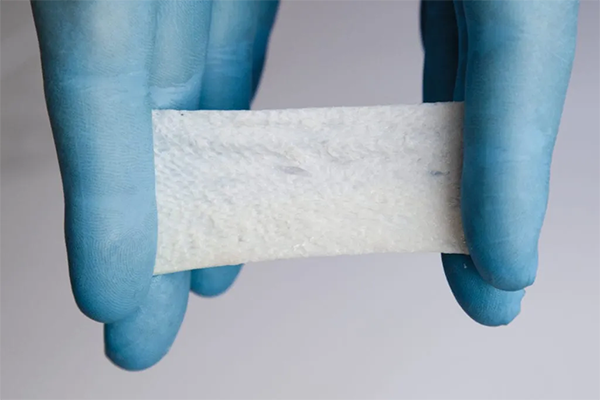
Danish medical products company Coloplast announced last week its plans to acquire Kerecis, a biologics wound-care company based in Iceland that uses fish skins to heal wounds.
The deal is worth up to U.S. $1.3 billion, with $1.2 billion in an upfront cash payment. In a release, Coloplast said the acquisition will strengthen its presence in the wound-care market by entering the U.S. segment.
Kerecis has developed and patented a “clinically differentiated, sustainable and scalable” technology platform based on intact fish skin, which retains a similarity to human skin and is produced with minimal processing. The technology has been tested in multiple clinical trials and has already been used to treat tens of thousands of patients.
“We’re excited to join the Coloplast family and have their support in becoming the world leader in tissue regeneration,” Kerecis said in its press release. “We’re committed to making a difference while turning waste into value, in the most sustainable way.”
Kerecis’ main product MariGen is intact decellularized fish skin for the management of chronic wounds such as diabetic wounds, pressure ulcers, vascular ulcers and draining wounds. The fish skin sheets contain fat, protein, elastin, glycans and other natural skin elements and come in multiple shapes and sizes.
Following the expected acquisition, which is expected to be financed through an equity capital raise, Kerecis will operate as a stand-alone business unit under its own identity and brand. Seventy-seven percent of Kerecis’ shareholders have committed to sell their shares to Coloplast. The transaction’s closing is subject to customary regulatory approvals and an acceptance threshold of at least 90 percent.
Follow the Advocate on Twitter @GSA_Advocate
Now that you've reached the end of the article ...
… please consider supporting GSA’s mission to advance responsible seafood practices through education, advocacy and third-party assurances. The Advocate aims to document the evolution of responsible seafood practices and share the expansive knowledge of our vast network of contributors.
By becoming a Global Seafood Alliance member, you’re ensuring that all of the pre-competitive work we do through member benefits, resources and events can continue. Individual membership costs just $50 a year.
Not a GSA member? Join us.
Author
-
Responsible Seafood Advocate
[103,114,111,46,100,111,111,102,97,101,115,108,97,98,111,108,103,64,114,111,116,105,100,101]
Tagged With
Related Posts
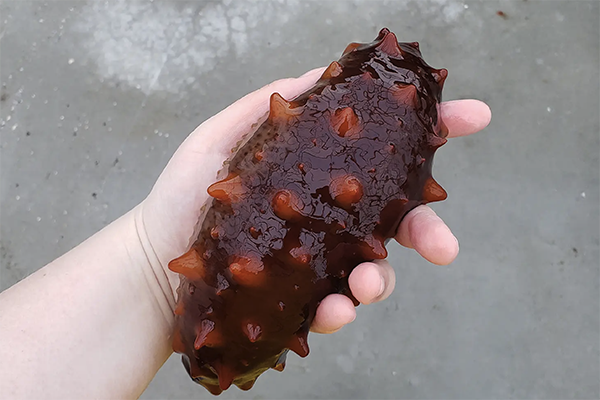
Responsibility
Cool stuff: Sea cucumbers can keep fish farms clean, research finds
University of Stirling research finds sea cucumbers can flourish by feeding on organic fish farm waste and subsequently be a high-value product.
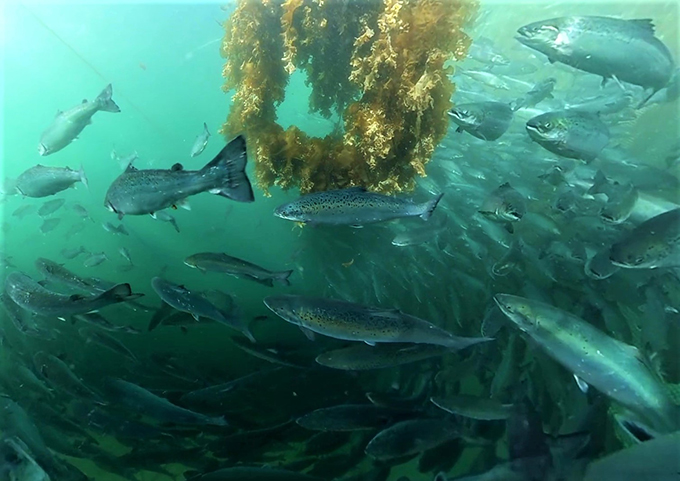
Responsibility
Could cultivating kelp forests in salmon pens help ‘future-proof’ the sector?
KelpRing has received funding to explore the possible benefits of installing kelp forests within salmon pens to benefit cleaner fish.
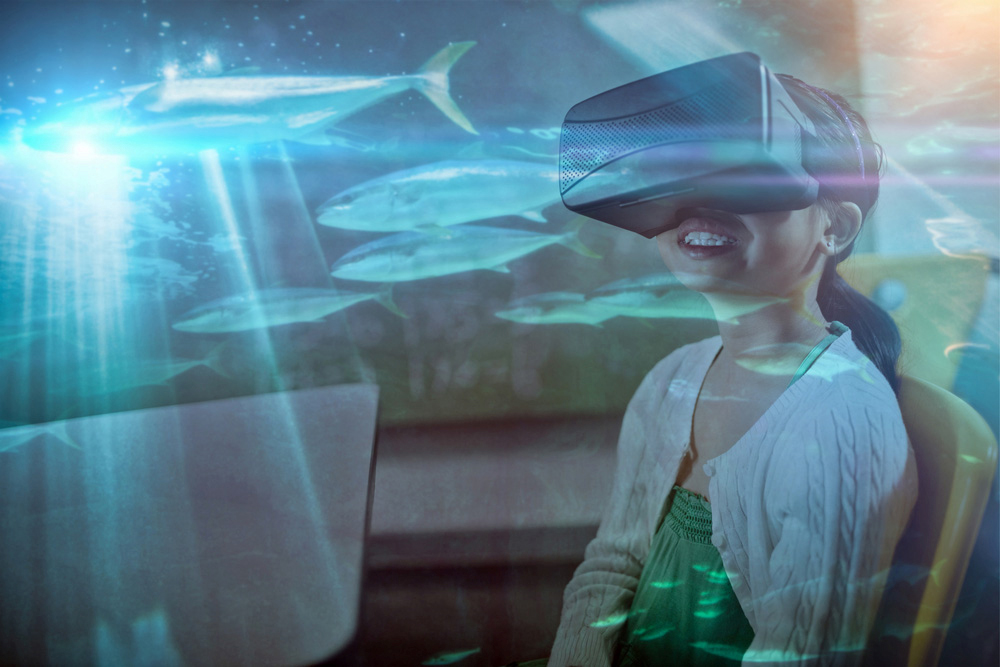
Innovation & Investment
Eight digital technologies disrupting aquaculture
Eight digital technologies are disrupting aquaculture and having a profound impact on the way business operates – even displacing some established ones.
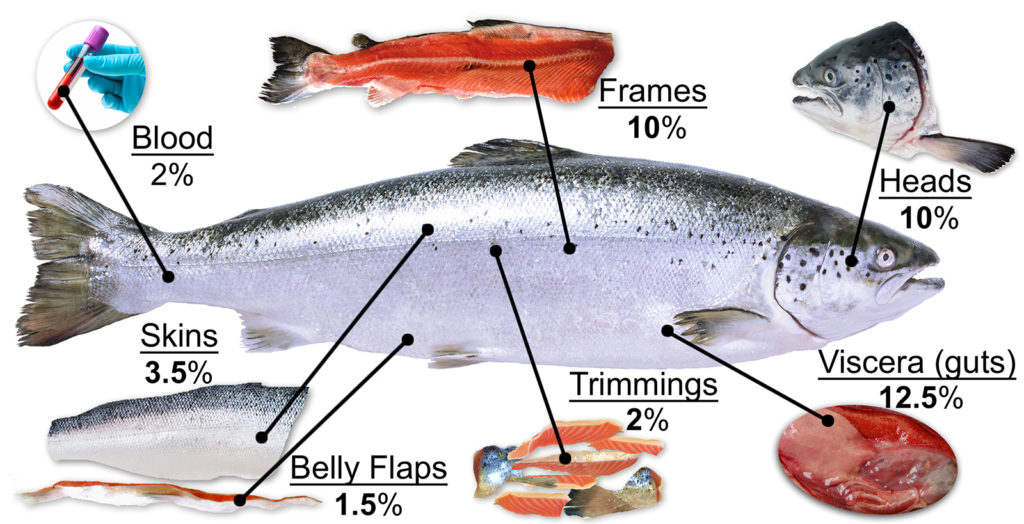
Aquafeeds
It takes guts to advance sustainability in aquaculture
With byproducts representing between 25 to 50 percent of the weight of various fish species, we need to be looking at how the entire fish is being used: even the heads, guts and skin.



